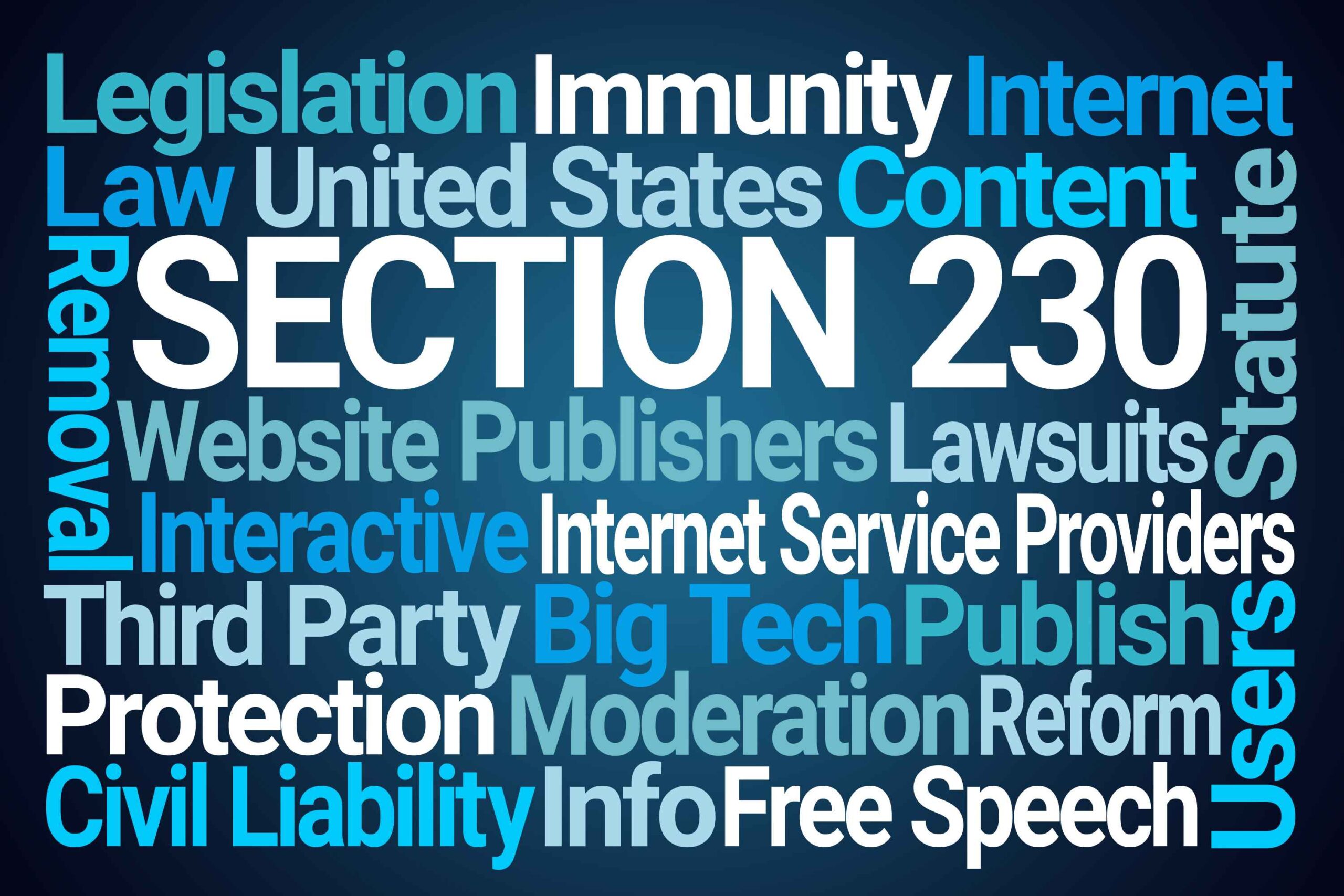In the digital era where social platforms, forums, and online marketplaces define much of our interaction, understanding the laws governing these platforms is essential. One such law, often a hot topic for debate and discussion, is Section 230 of the Communications Decency Act. This cornerstone of internet legislation has sparked conversations about the nature of internet speech and the responsibility of online platforms. In this blog, we will delve into Section 230, exploring its implications and bringing into focus the views of the prominent lawyer, Keith Altman.
What is Section 230?
Enacted in 1996, Section 230 is a provision of the Communications Decency Act in the United States. This relatively short law, referred by Jeff Kosseff in his book as the twenty six words that created the internet, states that “No provider or user of an interactive computer service shall be treated as the publisher or speaker of any information provided by another information content provider.”
In layman’s terms, this means that online platforms like Facebook, Twitter, YouTube, and others are generally not responsible for the content their users post. They are not treated as publishers, such as traditional newspapers or TV broadcasters, which can be held legally accountable for the material they disseminate.
Section 230 also provides legal protection to platforms when they moderate, restrict, or remove content that they consider obscene, violent, or otherwise objectionable, regardless of whether this material is constitutionally protected.
The Impact of Section 230
This legislation has been instrumental in shaping the internet as we know it. By providing legal protection, it has allowed platforms to host a wide range of user-generated content without fear of lawsuits. This has facilitated the growth of social media networks, online marketplaces, and various forms of user-driven digital communities.
However, it also raised a slew of concerns. Critics argue that it provides a shield for platforms that host harmful content, such as hate speech, misinformation, or extremist content. There’s also the argument that platforms might use this law to unjustifiably suppress certain viewpoints or content.
Attorney Keith Altman’s Perspective on Section 230
Prominent lawyer Keith Altman offers a unique perspective on Section 230, shaped by his extensive experience in handling high-profile litigation against tech giants. Altman acknowledges the foundational role of Section 230 in fostering online innovation but asserts that the law’s interpretation has expanded to a degree that grants excessive protection to tech companies.
He argues that the broad immunity offered by the law often allows platforms to avoid accountability when their services are used for harmful activities, such as promoting violence or distributing illegal content. Altman’s stance is shaped by his firm belief in accountability, a principle he consistently advocates in his practice. He proposes a more balanced interpretation of the law that maintains the protection for good faith content moderation but holds platforms accountable when they knowingly allow harmful content.
Section 230 Moving Forward
The debate over Section 230 is far from settled. As our reliance on digital platforms grows, so does the need for legislation that balances freedom of expression, platform growth, and accountability for misuse. The continuous efforts over time to reform or repeal the Section 230 will eventually have an impact on reshaping it.
Altman’s perspective adds a nuanced understanding of the issues at stake. His emphasis on a balanced interpretation that maintains necessary protections but ensures accountability is a valuable contribution to the ongoing debate.




